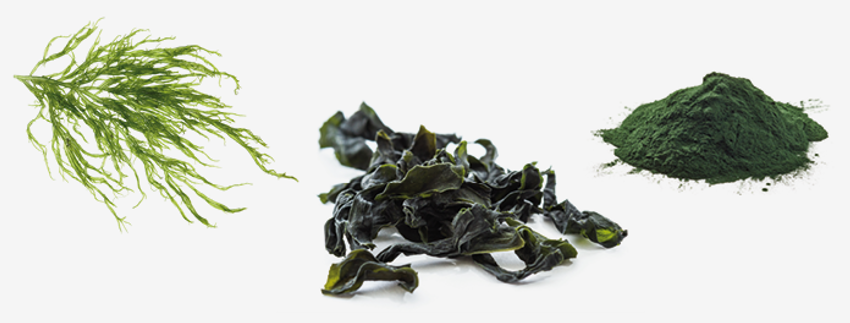O peixe é uma excelente fonte de proteínas de elevada qualidade
Rico em ácidos gordos ómega 3 DHA e EPA pré-formados
Perfil equilibrado de aminoácidos
Facilmente digerível
Baixo teor de gorduras saturadas
Tem um elevado teor de vitaminas e oligoelementos essenciais, incluindo as vitaminas D e B2 (riboflavina), cálcio, fósforo, ferro, zinco, iodo, magnésio e potássio
Os benefícios do ómega 3 para a saúde
DESENVOLVIMENTO CEREBRAL E OCULAR
Os ácidos gordos ómega 3 DHA são os principais blocos de construção do cérebro e da retina e desempenham um papel importante na construção das membranas das células cerebrais e na promoção da formação de novas células cerebrais
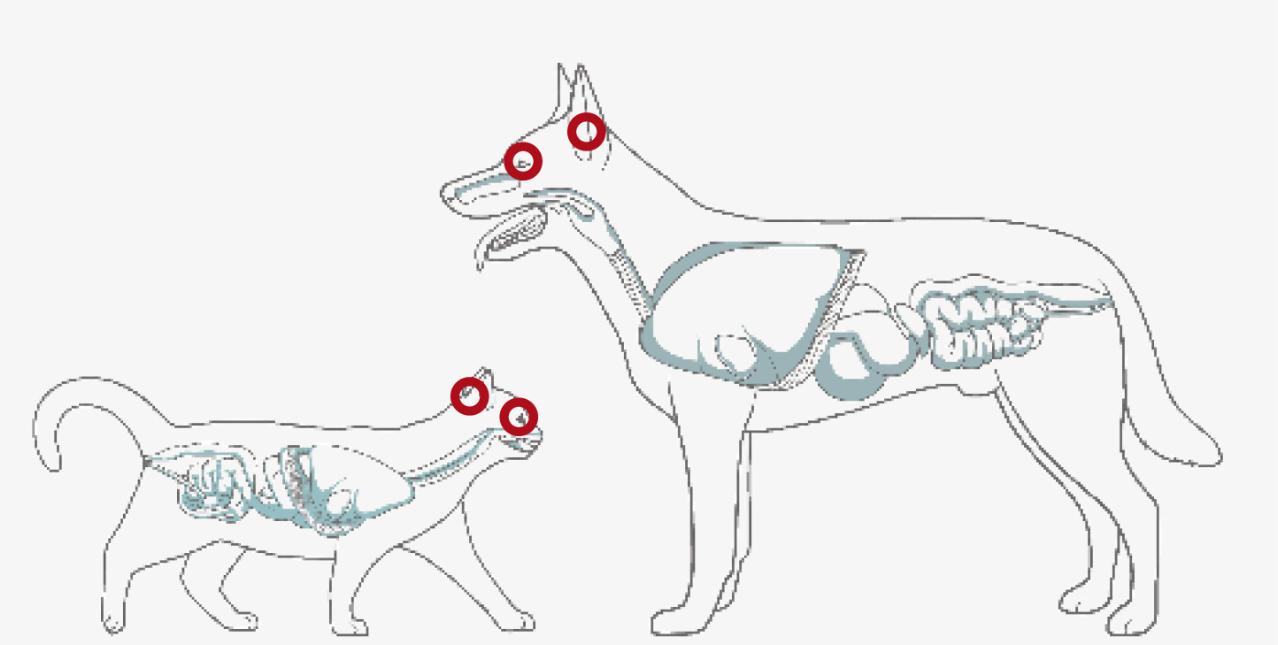
APOIO DA PELAGEM E DA PELE
Os ómega 3 apoiam o processo anti-inflamatório natural do corpo, ajudando a aliviar a comichão angustiante. Para além disso, os óleos de peixe estão envolvidos na produção de sebo, uma substância oleosa e cerosa que lubrifica a pele e reveste o pelo com uma camada oleosa protetora, para lhe dar brilho.
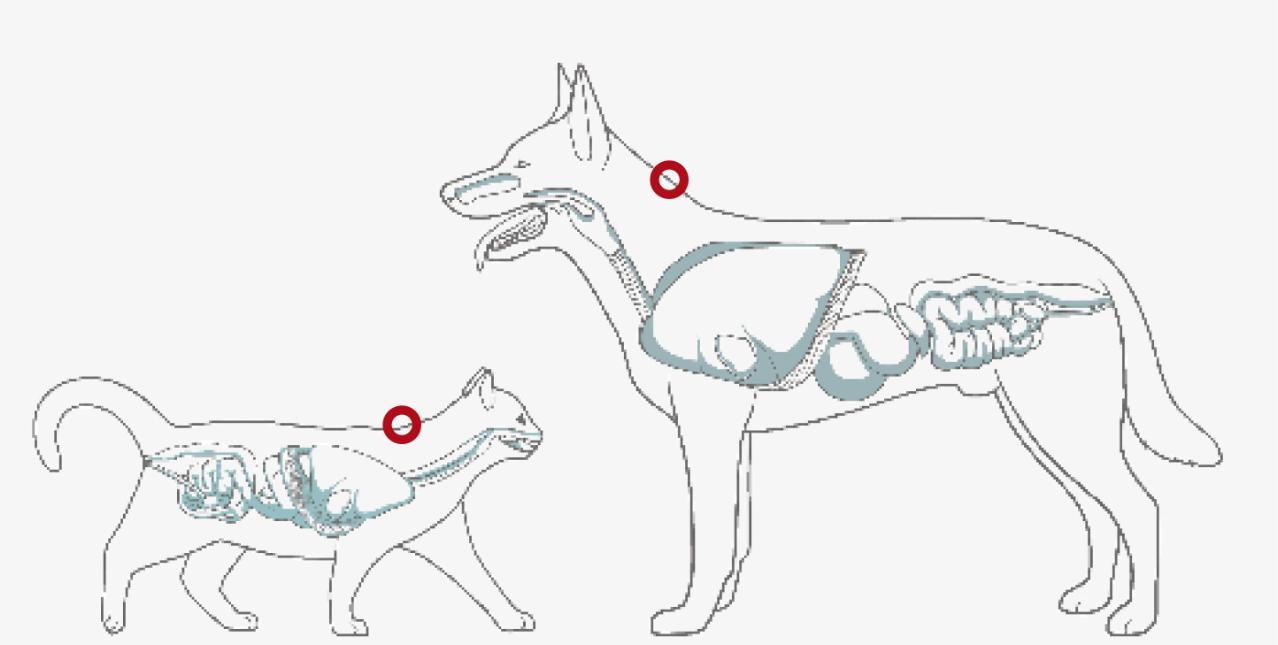
APOIO CARDÍACO
Um elevado teor de ácidos gordos ómega 3 pode contribuir para a manutenção da massa magra, do apetite e de um ritmo cardíaco normal
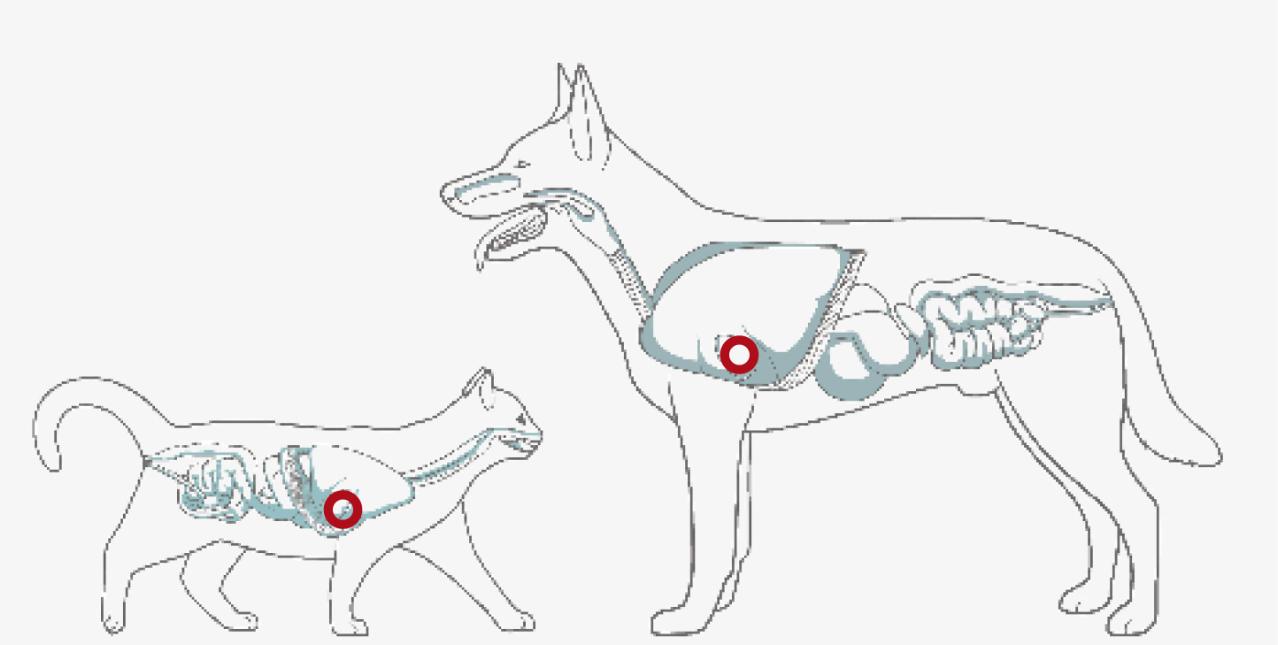
APOIO ÀS ARTICULAÇÕES E À MOBILIDADE
O ómega 3 do peixe ajuda a diminuir a atividade das enzimas que prejudicam a cartilagem e apoia o processo anti-inflamatório natural para manter as articulações e a mobilidade saudáveis
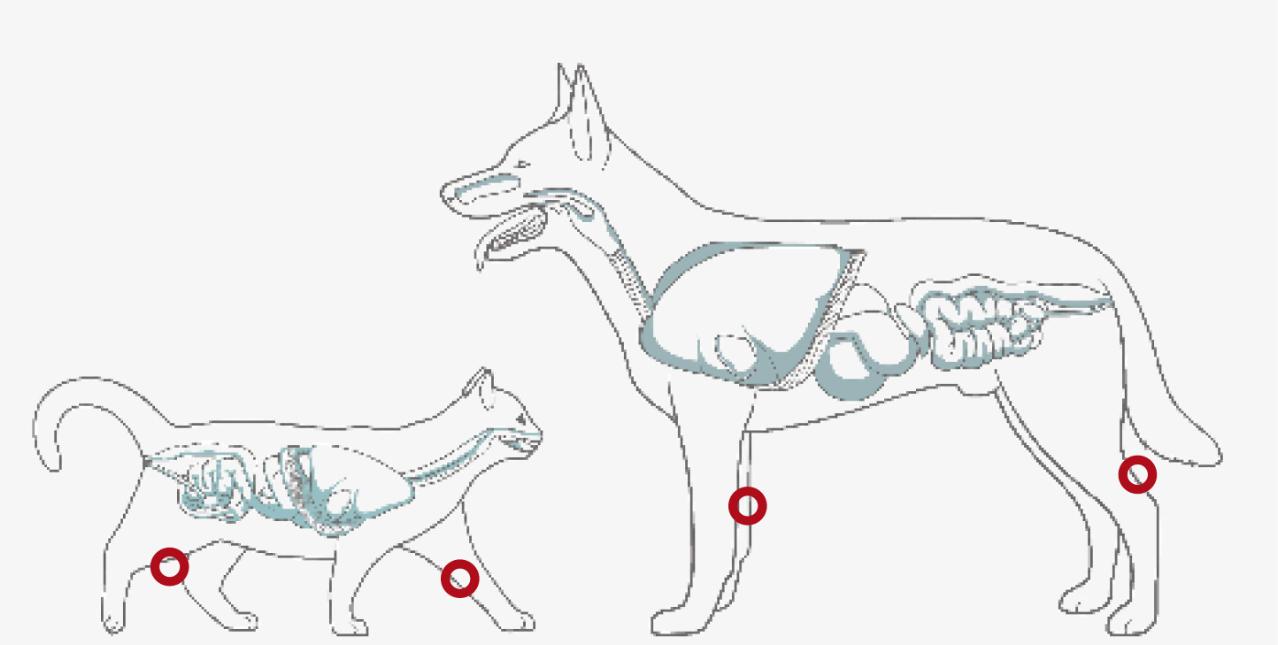
CRISTAIS URINÁRIOS
O aumento dos ácidos gordos na dieta pode alterar as concentrações de ácidos gordos no soro e diminuir o risco de formação de cálculos urinários nos gatos.
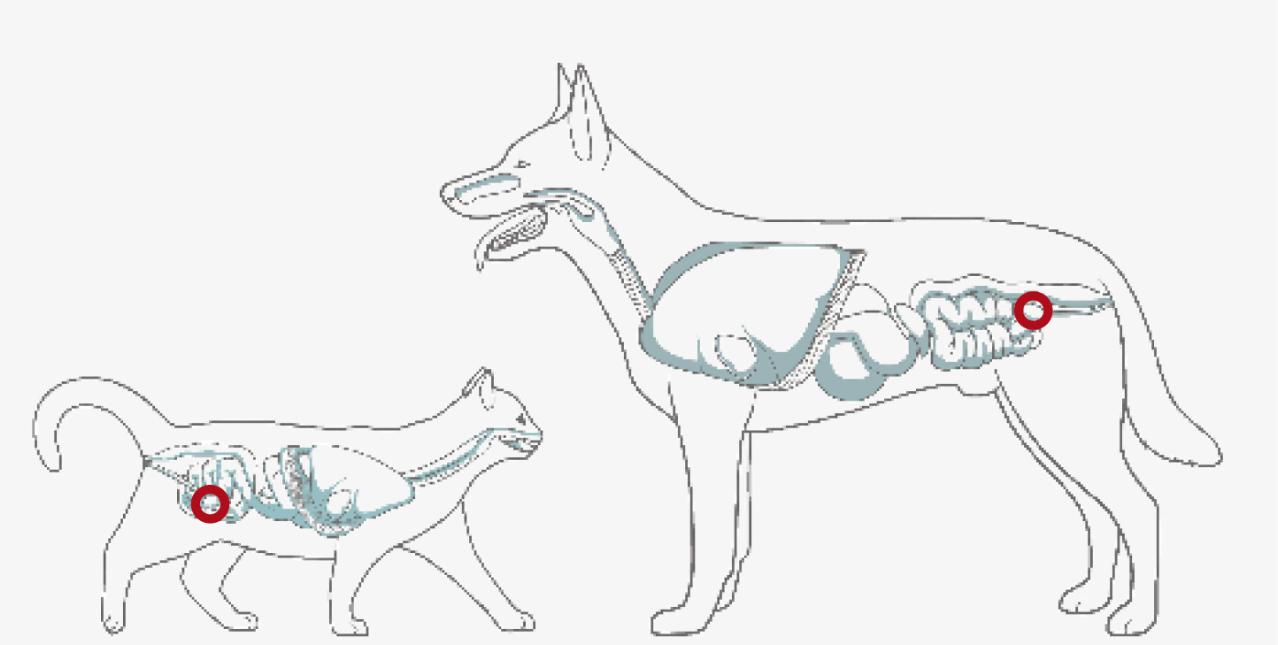
COLITIS
By supporting the body’s natural anti-inflammatory processes omega-3 can help maintain remission in ulcerative colitis – an inflammation of the inner lining of the colon
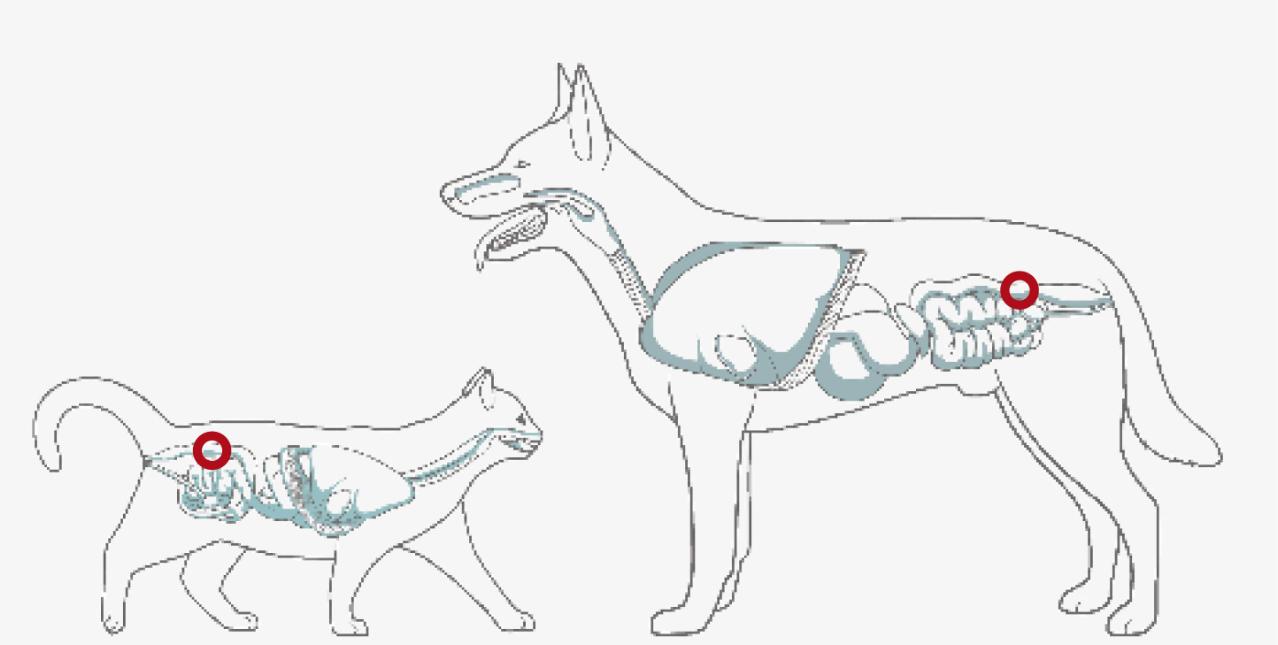
APOIO AO SISTEMA IMUNITÁRIO
Estudos recentes sugerem que o ómega 3 pode desempenhar um papel no reforço da atividade das células b do sistema imunitário
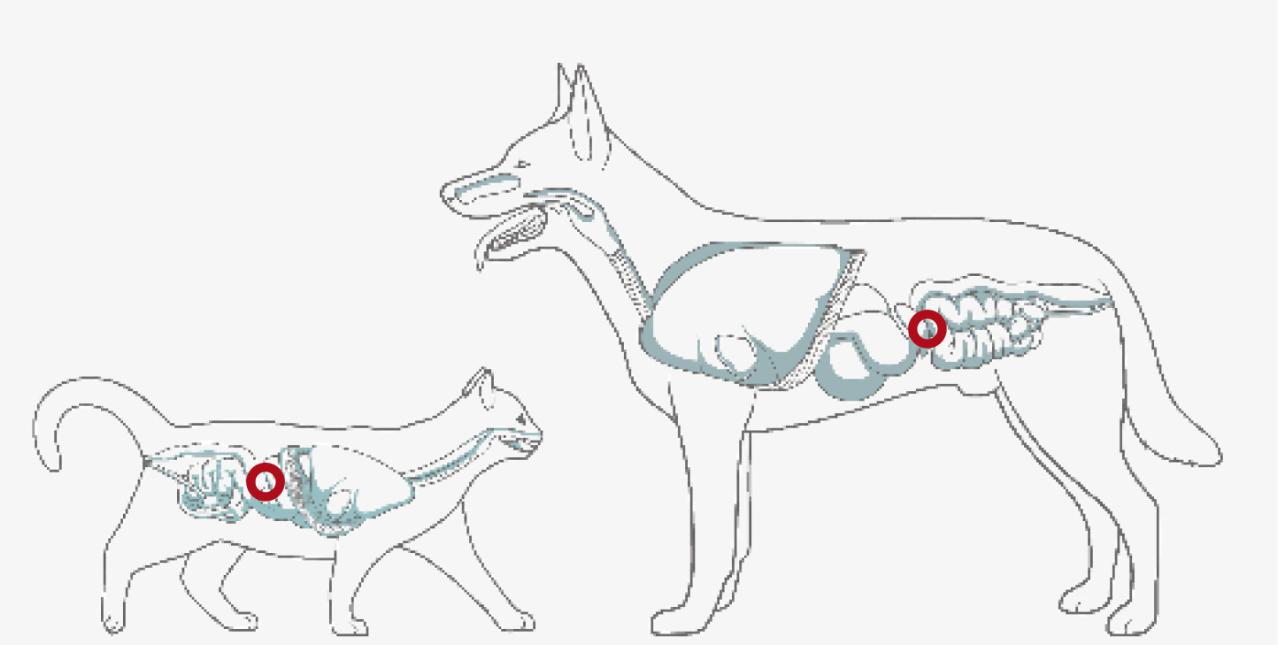
Vias de acesso dos ácidos gordos essenciais
O ácido linoleico (LA) é o ácido gordo principal do grupo de ómega 6 e o ácido alfa-linolénico (ALA) do grupo de ómega 3.
Os óleos vegetais, como o óleo de girassol e o óleo de cártamo, são uma fonte rica em LA, e o ALA está presente no óleo de linhaça.
Os ácidos gordos essenciais têm de ser fornecidos através da dieta, mas quando entram no organismo, o LA e o ALA podem ser mais dessaturados e alongados através de enzimas.
Na família de ómega 6, o ácido linoleico (LA) pode ser metabolizado em ácido gama-linolénico (GLA), ácido dihomo-gama-linolénico (DGLA) e ácido araquidónico (AA).
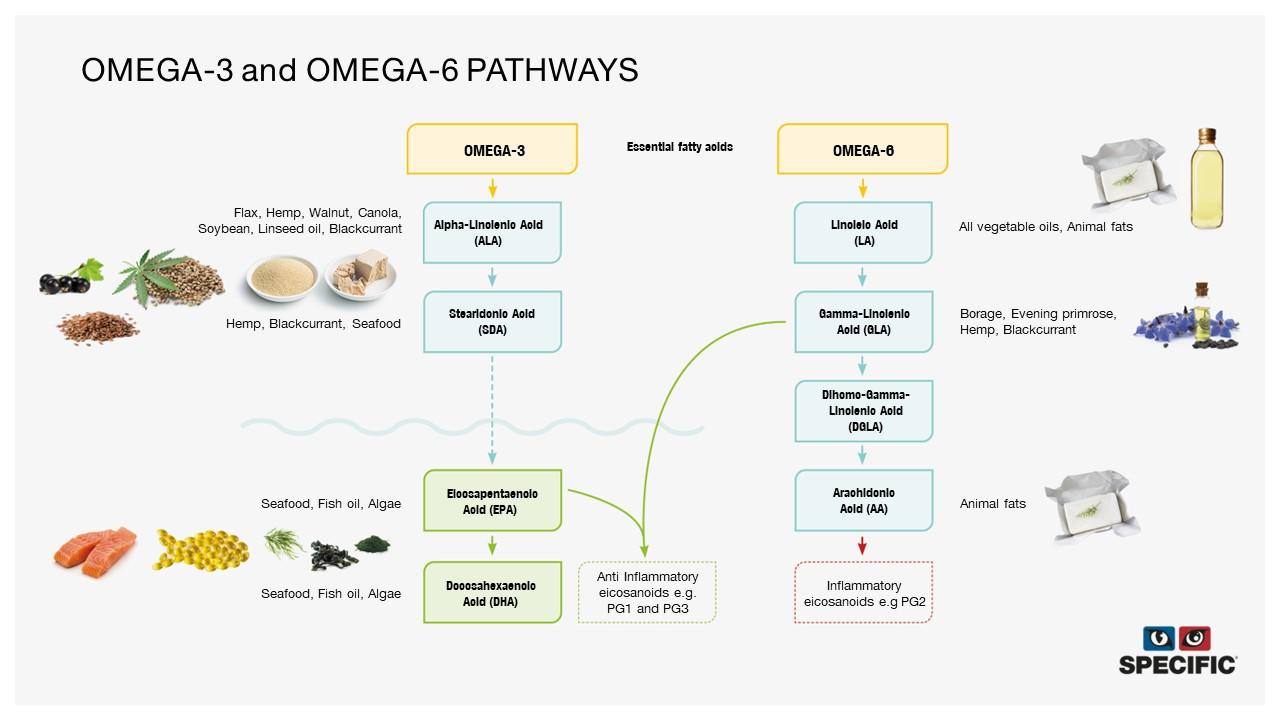
Within the omega-3 family, ALA can be metabolized to form eicosapentaenoic acid (EPA) and docosahexaenoic acid (DHA). However the activity of the desaturase enzymes is very low in dogs and almost absent in cats, so metabolisation of ALA into EPA and DHA and LA into GLA is very inefficient.
However, EPA and DHA can also be directly taken from dietary intake from marine sources as fish oil, algae and krill. Consumption of borage oil or evening primrose oil provides GLA.
Vegetable derived omega-3s are not effective sources of the beneficial EPA
Omega-3 from vegetable sources is ALA but it is the EPA omega-3 that is metabolised into eicosanoids that supress inflammation
The metabolic conversion of ALA to EPA is very low in dogs and virtually zero in cats due to low activity of the enzyme delta-6 desaturase
Preformed EPA omega-3 from marine sources is preferable
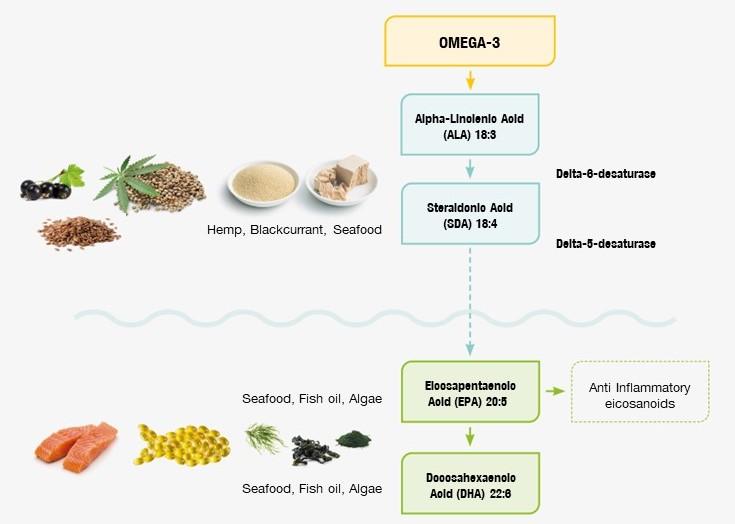
Omega-3 and the inflammatory response
Omega-6 and omega-3 fatty can be metabolised into eicosanoids - locally active, short-living, hormone-like mediators
Eicosanoids from omega-6 fatty acid AA are inflammatory
Eicosanoids from omega-3 fatty acid EPA and omega-6 fatty acid DGLA are not inflammatory
Omega-3 fatty acid EPA and omega-6 fatty acid DGLA compete for the same enzymatic pathways as AA so a strong presence of EPA and DGLA will inhibit inflammation by blocking production of inflammatory eicosanoids
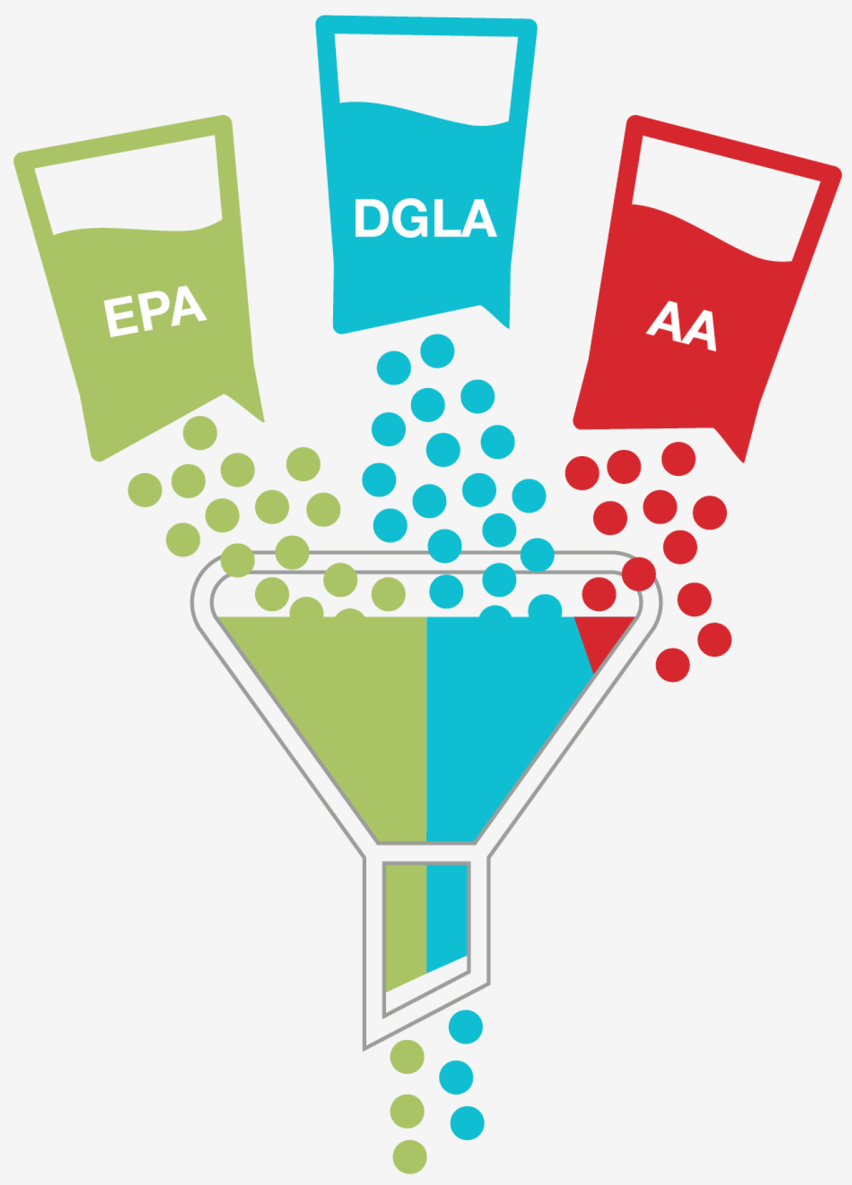
Fish has a well balanced amino acid profile
Fish protein is better balanced, to the amino acid needs of cats and dogs, than beef and chicken
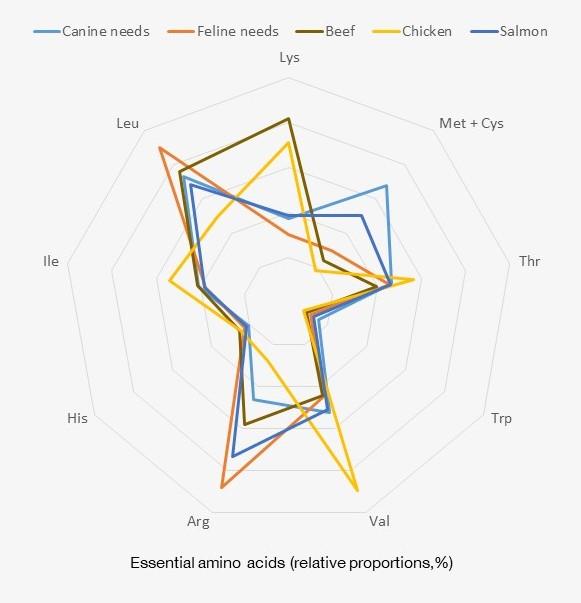
Fish used in SPECIFIC diets
FISH MEAL
A ground powder made from cooked fish providing a concentrated protein source. Meals are highly concentrated sources of essential nutrients, allowing us to add significant levels of nutrients without adding excessive moisture.
Our fish meal is made from different wild caught certified Atlantic white fish.
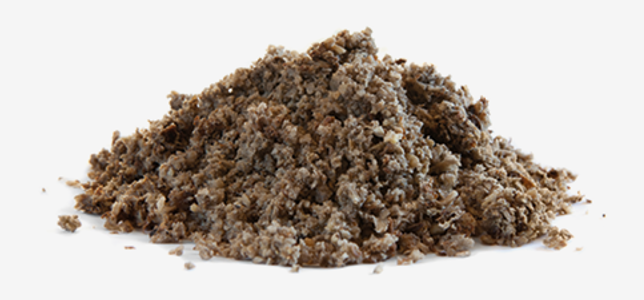
FISH OIL
Fish oil is a natural product and so will have variable amounts of EPA & DHA Omega-3.
At SPECIFIC we use a specially blended fish oil made from cod liver oil and anchovy oil to ensure consistent and high levels of Omega-3 fatty acids.
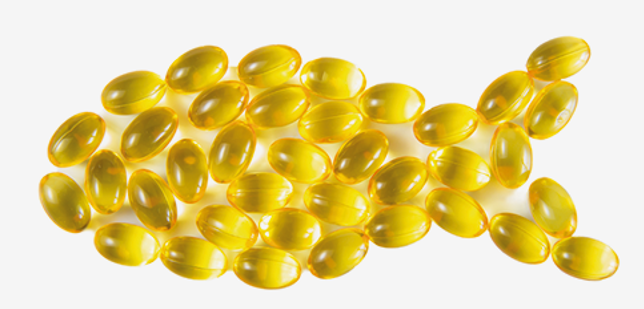
FRESH SARDINE
Used in some of our diets is a fresh whole MSC certified sardine caught off the Cornish coast by small boats using ring netting – a catch system that significantly reduces by-catch, fuel usage and seabed damage.
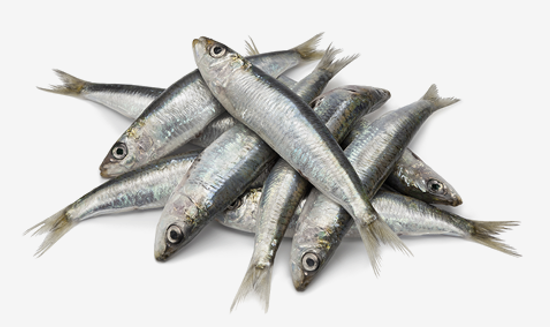
HYDROLYSED SALMON PROTEIN
Made from Norwegian and Scottish farmed salmon.
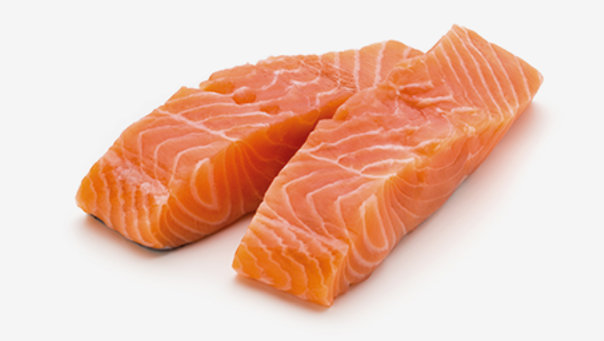
ALGAE
Aquatic plants and a rich source of omega-3. We use algae in many of our diets
Algae provides a highly sustainable form of high quantities and consistent levels of omega-3 – especially DHA
Algae grow incredibly fast and can be grown on non-productive, non-arable land so use fewer environmental resources
Algae production grew from a NASA programme, looking how to feed mars colonists
